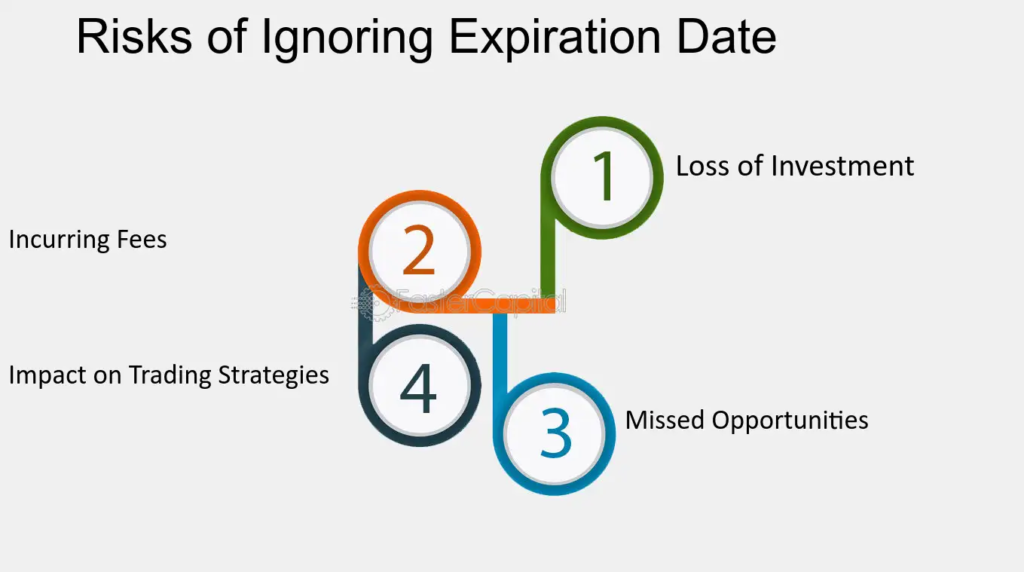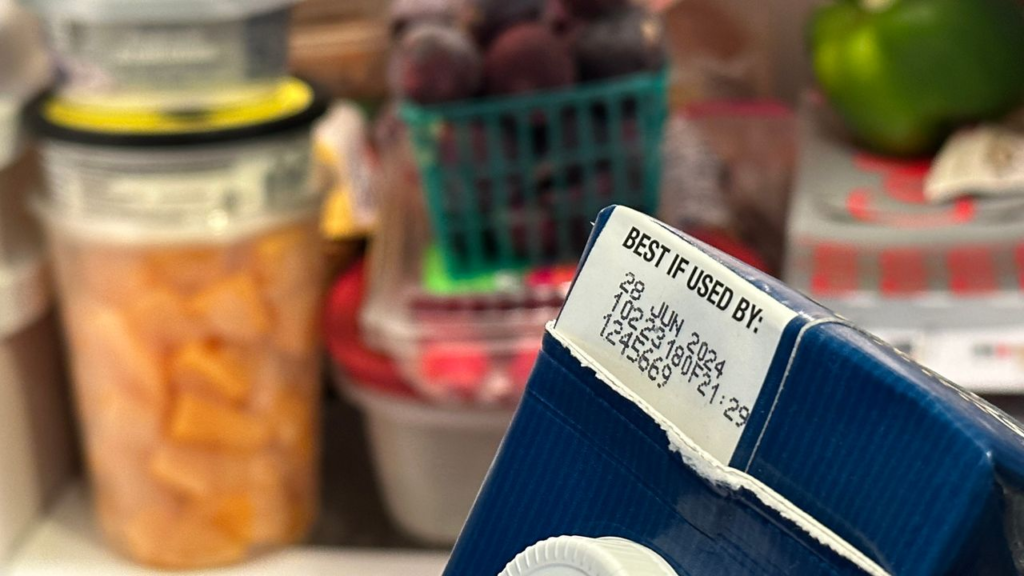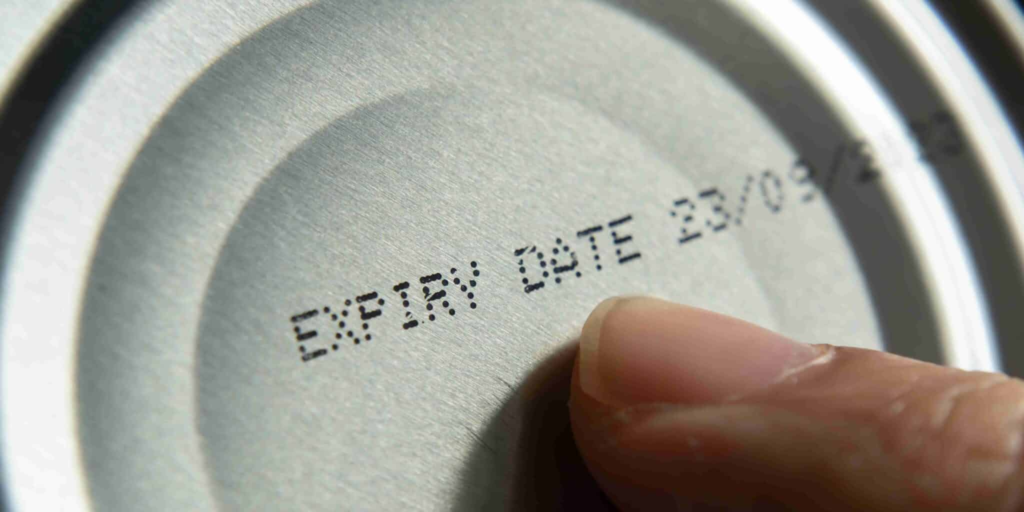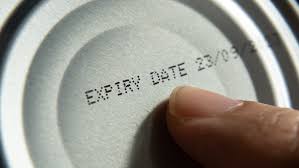Last Updated on July 19, 2024 by Silvy
Be Careful: The Hazards of Ignoring Food Expiry Dates
Why Food Expiry Dates Matter
Have you ever wondered about the significance of those small, often overlooked dates on your food packaging?
Food expiry dates are more than just a guideline; they are crucial for your health and safety.
Ignoring these dates can lead to serious health risks, and understanding their importance can make a significant difference in your daily life.
This comprehensive guide will delve into the hazards of neglecting food expiry dates, exploring why they matter, the risks involved, and how to effectively manage them.
Understanding Food Expiry Dates
What Are Food Expiry Dates?
Food expiry dates are labels found on food products that indicate the last date the product is guaranteed to be at its best quality. These dates are categorized into several types:
- Use-By Date: The last date a food product should be consumed for safety reasons. It’s most commonly found on perishable items like dairy and meat.
- Best Before Date: Indicates when the product will no longer be at its peak quality. It’s typically used for dry, canned, and frozen foods.
- Sell-By Date: This is used by retailers to manage stock and is not a safety date. However, it’s a good indicator of freshness.
How Expiry Dates Are Determined
Expiry dates are determined based on several factors, including:
- Food Composition: Ingredients and preservatives affect how long food stays fresh.
- Packaging: The type of packaging can impact shelf life by protecting against spoilage.
- Storage Conditions: Proper storage conditions, like temperature and humidity, play a crucial role in maintaining food quality.

The Risks of Ignoring Expiry Dates
Health Risks Associated with Expired Food
Ignoring food expiry dates can pose several health risks, including:
- Foodborne Illnesses: Consuming expired food can lead to food poisoning from bacteria like Salmonella and E. coli.
- Nutritional Deficiencies: Over time, expired foods lose their nutritional value, potentially leading to deficiencies.
- Toxin Exposure: Some expired foods can produce harmful toxins that can cause severe health issues.
Common Symptoms of Consuming Expired Food
If you consume expired food, you might experience symptoms such as:
- Nausea and Vomiting: Common signs of food poisoning.
- Diarrhea: Often a result of bacterial contamination.
- Stomach Cramps: Indicate digestive upset from spoiled food.

How to Safely Manage Food Expiry Dates
Effective Strategies for Managing Expiry Dates
To ensure you are consuming safe food, consider these strategies:
- Regularly Check Expiry Dates: Make it a habit to review expiry dates when shopping and before consuming food.
- Use a Food Inventory System: Keeping track of what you have and its expiry dates can prevent food waste and ensure safety.
- Store Food Properly: Follow storage guidelines to extend the shelf life of your food.
Tips for Reducing Food Waste
Reducing food waste not only helps the environment but also ensures you are consuming safe food:
- Plan Meals Ahead: Create meal plans to use food before it expires.
- Freeze Leftovers: Freezing can extend the shelf life of many foods.
- Use FIFO Method: Implement a “first in, first out” approach in your pantry.

Myths and Facts About Food Expiry Dates
Debunking Common Myths
There are several myths surrounding food expiry dates:
- Myth 1: Expired Food Is Always Dangerous: Not all expired food is harmful; it depends on the type and how it’s been stored.
- Myth 2: Expiry Dates Are the Same as Sell-By Dates: These dates serve different purposes and should not be confused.
Important Facts to Remember
- Fact 1: Expiry dates are based on optimal conditions; deviations in storage can impact food safety.
- Fact 2: Some foods, like canned goods, can remain safe well beyond their expiry dates if stored correctly.

Legal Aspects of Food Expiry Dates
Regulations Governing Expiry Dates
Different countries have varying regulations for food expiry dates:
- United States: The FDA oversees food labeling, including expiry dates, to ensure safety and accuracy.
- European Union: Requires specific labeling practices to inform consumers about food safety.
Consumer Rights and Responsibilities
Consumers have the right to safe food but also the responsibility to adhere to expiry dates to avoid health risks.

The Role of Technology in Managing Food Expiry Dates
Innovations in Food Storage
Advancements in technology are enhancing food safety and management:
- Smart Labels: These can provide real-time data on food freshness.
- Temperature Monitors: Help ensure food is stored at the right temperature to maintain safety.
Apps and Tools for Expiry Date Management
Several apps and tools can assist in managing food expiry dates:
- Food Inventory Apps: Track what you have and when it expires.
- Reminder Apps: Send alerts when it’s time to use or discard food.

Tips for Safe Food Handling
Best Practices for Food Safety
To ensure you’re handling food safely:
- Wash Hands Regularly: Prevents the spread of bacteria.
- Cook Food Thoroughly: Ensures harmful bacteria are killed.
- Avoid Cross-Contamination: Use separate utensils for raw and cooked foods.
Storing Food Correctly
Proper food storage is key to maintaining quality:
- Refrigerate Perishables: Keeps them fresh and safe to eat.
- Store Dry Foods in a Cool, Dry Place: Extends shelf life and maintains quality.

Conclusion: The Importance of Adhering to Expiry Dates
In conclusion, ignoring food expiry dates can have serious health consequences, from foodborne illnesses to nutritional deficiencies.
By understanding the different types of expiry dates, managing them effectively, and debunking common myths, you can ensure that you are consuming safe and nutritious food.
Remember to stay informed about food safety regulations and utilize modern technology to help manage expiry dates.
FAQs
What is the difference between a “use-by” date and a “best before” date?
A “use-by” date is a safety measure indicating the last date food should be consumed for safety reasons, while a “best before” date suggests when the food is no longer at its best quality but may still be safe to eat.
Can expired food always make you sick?
Not always. While many expired foods can be harmful, some may remain safe if stored properly and within a reasonable time frame. However, it’s best to err on the side of caution.
How can I tell if food has gone bad even if it’s before the expiry date?
Check for signs such as off smells, changes in color or texture, and mold growth. If any of these are present, it’s best to discard the food.
Are there any foods that are safe to eat after their expiry date?
Certain foods, like canned goods, may still be safe past their expiry date if stored correctly. Always check for any signs of spoilage before consuming.
How often should I check expiry dates on my pantry items?
It’s a good practice to check expiry dates regularly, at least once a month, to ensure you are consuming food while it’s still safe.
What should I do with food that is close to its expiry date but is still good to eat?
Try to use it as soon as possible. You can also freeze or preserve it to extend its shelf life.
Can technology help me manage food expiry dates more effectively?
Yes, technology such as smart labels, temperature monitors, and food inventory apps can help you manage and track expiry dates more efficiently.
References
- FDA Food Labeling Guide
- European Commission – Food Information to Consumers
- Centers for Disease Control and Prevention (CDC) – Food Safety
By adhering to these guidelines and leveraging available resources, you can protect your health and reduce food waste effectively.


